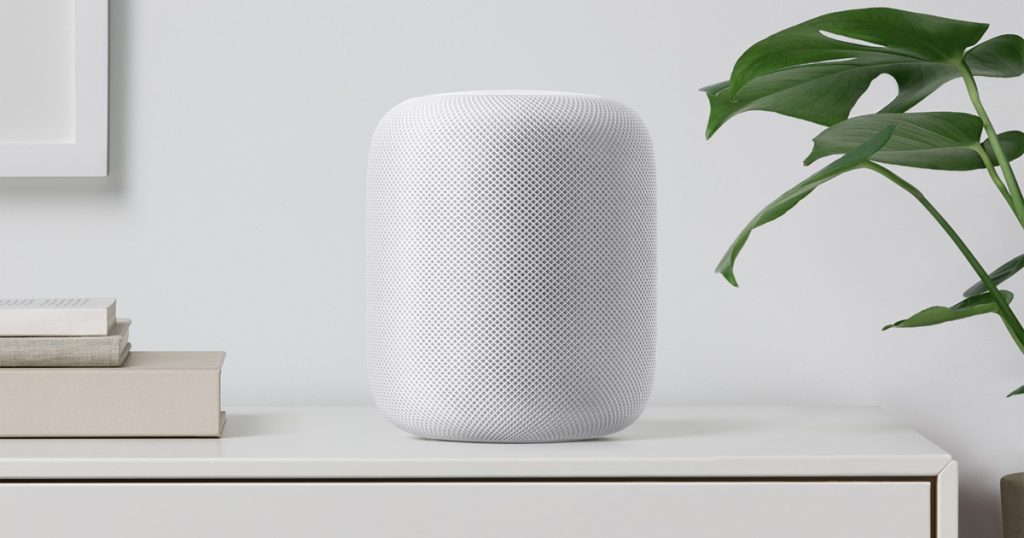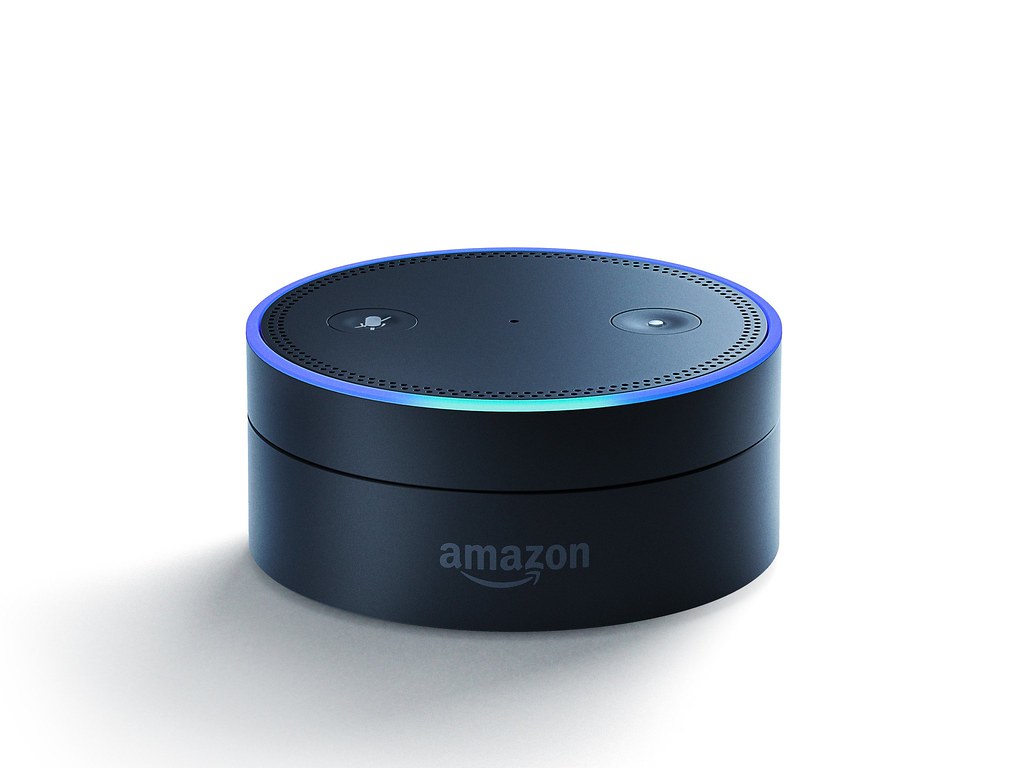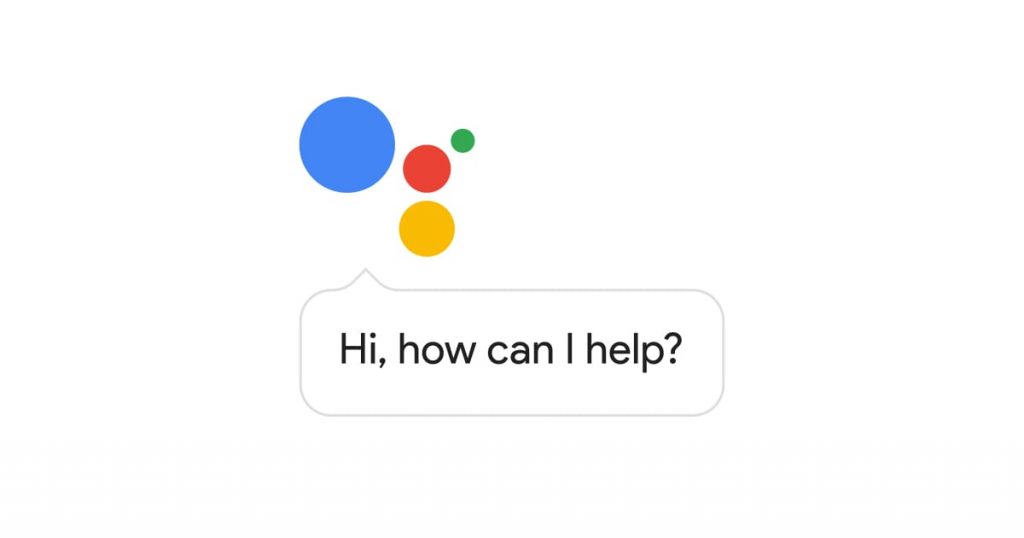Technology is out to make our lives easier, and virtual assistants powered by AI are one of the hottest trends sweeping across the biggest web companies and the mobile ecosystem. Yet for all its promise, AI-powered assistants come with a very visible Achilles heel — user privacy. The creators of these AI apps are walking a thin line between providing cutting-edge features and ensuring the privacy of user data. Let’s look at some of the major developments in this space at the moment.
Virtual assistants: Apple gets Siri-ous about privacy
 Being the first virtual assistant to be part of a mobile device, Siri was the poster child of AI for a long time. After Siri, many other mobile platform providers joined the race to have the best assistant on a mobile device. Despite getting a head start on the others, Siri has not been able to sustain its lead.
Being the first virtual assistant to be part of a mobile device, Siri was the poster child of AI for a long time. After Siri, many other mobile platform providers joined the race to have the best assistant on a mobile device. Despite getting a head start on the others, Siri has not been able to sustain its lead.
In a recent study Google Assistant was able to answer the most questions, and have the highest accuracy rate. Siri’s performance was lackluster, attempting to answer a mere 21.7 percent of questions thrown at it as opposed to Google’s 68.1 percent.
It seems Apple’s concerns over user privacy may be slowing down Siri. Apple encrypts all communication to Siri, and doesn’t even associate your queries with your Apple ID, but rather with a generic device ID. Even this device ID doesn’t tell Apple what kind of device you’re using. In this way, Apple shields its users from not just itself but from possible requests from the government for disclosing user data. Apple has noble intentions on user privacy. While this is good for user privacy, it’s a drawback for Siri as a product.
Some believe that Apple lacks focus on AI and is falling short of Steve Jobs’ original vision for Siri. Proof of this is the wave of departures from the Siri team, most notably its creators Adam Cheyer and Dag Kittlaus. They left Apple to create another personal assistant — Viv, which they sold to Samsung. Today, they still work with Samsung on its personal assistant Bixby.

Apple is trying to make a comeback in this space, and has launched the HomePod a Siri-powered speaker to compete directly with Amazon Echo and Google Home. However, HomePod focuses more on delivering high-quality audio than cutting-edge AI. Here again, Apple takes the safer route, and doesn’t want to knot itself up in privacy controversies.
Amazon Echo: A good listener
The concern with smart speakers like Amazon’s Echo is that it’s always listening. Granted, it only records your voice when you say the explicit word “Alexa,” but that doesn’t stop the government and the police from trying to extract recordings from Amazon when solving a crime. This may seem like a noble cause from one perspective, but on the other hand, it infringes on privacy. There’s no telling where this on-demand snooping on private home conversations will stop.

If Echo’s listening wasn’t enough, Amazon took it a step further when they announced two new products — Echo Look and Echo Show. Aiming to give you fashion tips, Echo Look takes pictures of you in different outfits, and lets you get expert opinions or a friend’s comment. It only gets activated when you say the keyword “Alexa.” This sounds like a novel idea. However, it’s eerie because there’s a camera nearby that is ready to be switched on in an instant, you need to review pictures taken as they’ll be available on your mobile device and in your Amazon account. There’s also the distant concern about when Amazon decides to track more than just your wardrobe. A camera that watches outfits seems like a first step in a master plan to watch your every move at home.
The second device, Amazon Show, has a little screen that shows you pictures or video. It’s meant to be an upgraded version of Echo with a screen. The most spooky feature it has is called Drop In, where any Show device can connect with another Show device and function as a sort of intercom. This is useful to check on your baby in her crib, for example, but it can also be a privacy nightmare. Another Show device can connect with the Show device in front of you, and pull you into a video call without warning. The video would be blurred for 10 seconds, but even that isn’t enough to cover every awkward situation you could be caught in.
In a push to bring these smart products to market before the competition, companies ignore vital privacy issues. While users are warming up to the idea of trading features over privacy, this is a disaster waiting to happen. All it takes is one incident of someone’s privacy being violated to wake up everyone to the risks involved here. For now, Amazon is boldly betting on advanced features, and hopes a crisis doesn’t arise.
Google wants to know it all
 Google was slower than Apple and Amazon to join the race for the best AI assistant, but it has a couple of products that are notable alternatives to Siri and Echo. Google Now was launched hot on the heels of Siri. It was good enough at showing personalized cards on your mobile device. Now, Google Assistant looks to improve on it by making the experience more human and easy to understand.
Google was slower than Apple and Amazon to join the race for the best AI assistant, but it has a couple of products that are notable alternatives to Siri and Echo. Google Now was launched hot on the heels of Siri. It was good enough at showing personalized cards on your mobile device. Now, Google Assistant looks to improve on it by making the experience more human and easy to understand.
Allo, the newest chat app by Google, features Google Assistant. It listens in on conversations with others, and jumps in when it has a suggestion that may help. For example, if you’re planning a dinner with a friend, Allo would sense the conversation and suggest the top restaurants nearby.
 This does sound helpful, but to do this, Google Assistant needs to crawl all your conversations, and watch for triggers to take action. This is not OK by some who are concerned about the tradeoff between privacy and more features.
This does sound helpful, but to do this, Google Assistant needs to crawl all your conversations, and watch for triggers to take action. This is not OK by some who are concerned about the tradeoff between privacy and more features.
Long back, there was a lot of concern over Google reading user emails in Gmail and targeting ads based on them. That has died down now, and people are pretty much resigned to seeing ads in their Gmail account and aren’t worried about it anymore.
If there’s one company that knows the most about us, it’s Google. With search queries that express our motivations, intents, and desires, Google knows what we look for and how our needs change over time. Google Maps knows every place you’ve visited, and how frequently you’ve been there. Thanks to Gmail, Google knows which email lists you subscribe to, and who you email most frequently. And what does Google want to do with this treasure trove of data about us? Show us better ads, of course.
Google’s ad system is powered by algorithms as complex as its search engine. These algorithms rely on user data that is tracked to deliver contextually relevant ads. Complex ad targeting mechanisms like behavioral targeting, retargeting, and location-based targeting rely on user data gathered from cookies stored in users’ browsers.
Browsers are taking steps to empower user privacy by allowing them to block ads, but there isn’t uniformity in how browsers do this. Not surprisingly, Google Chrome, the most popular browser, doesn’t allow you to block Google ads. This poses a conflict of interest for Google whose main revenue source is ads, and yet, they are walking a fine balance in how they gather and use user data.



